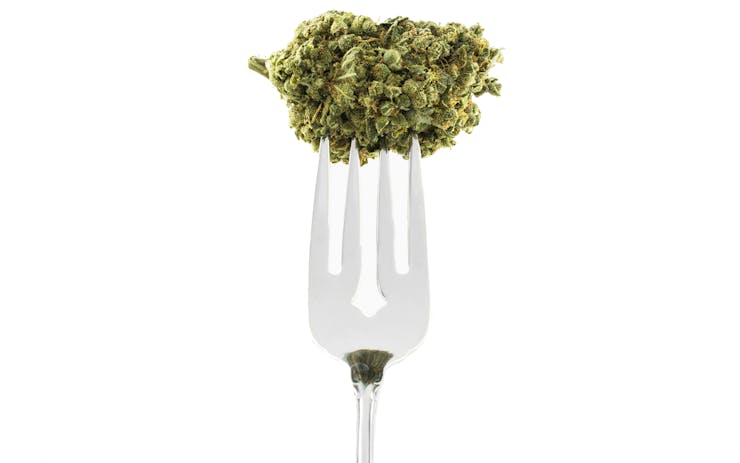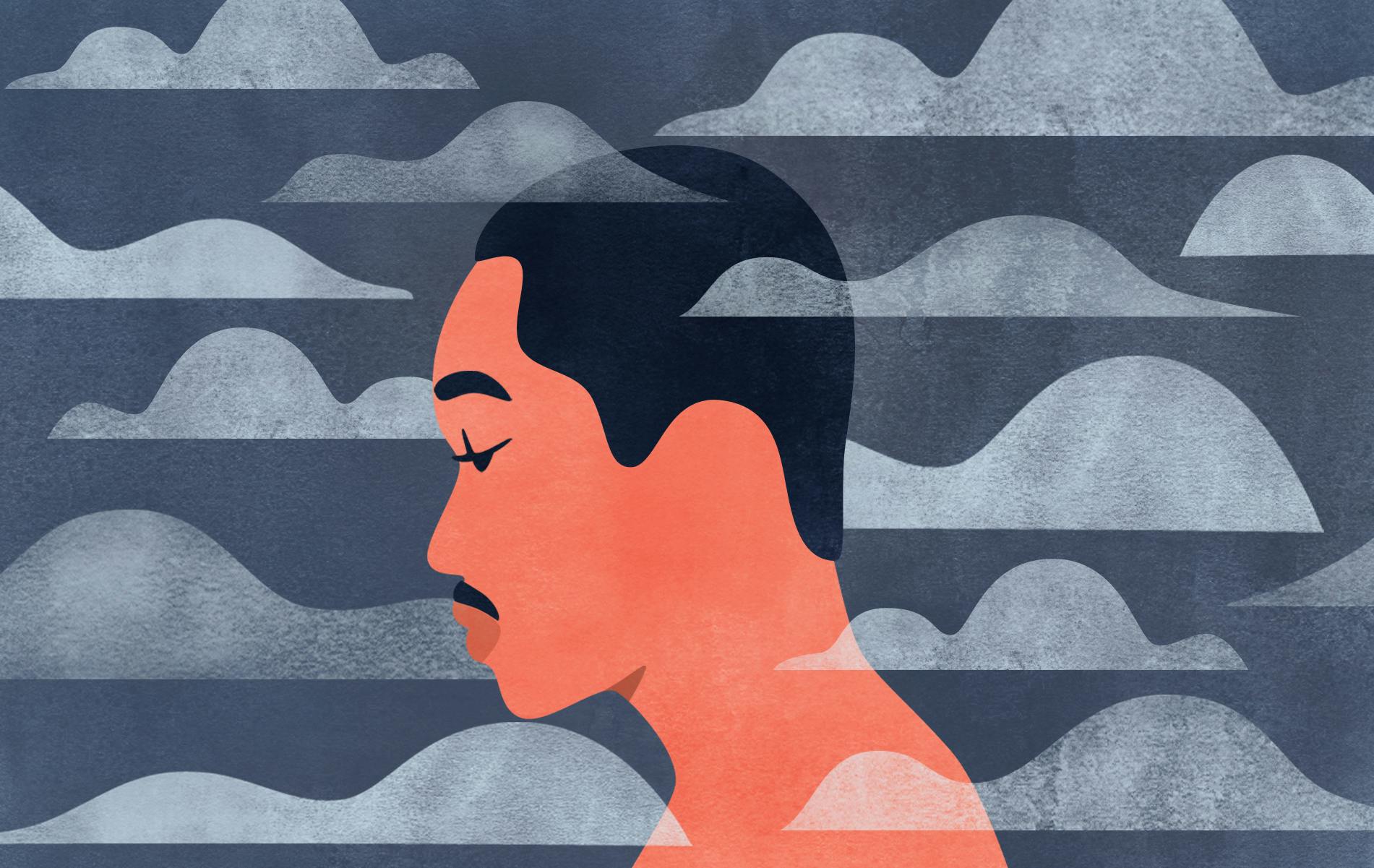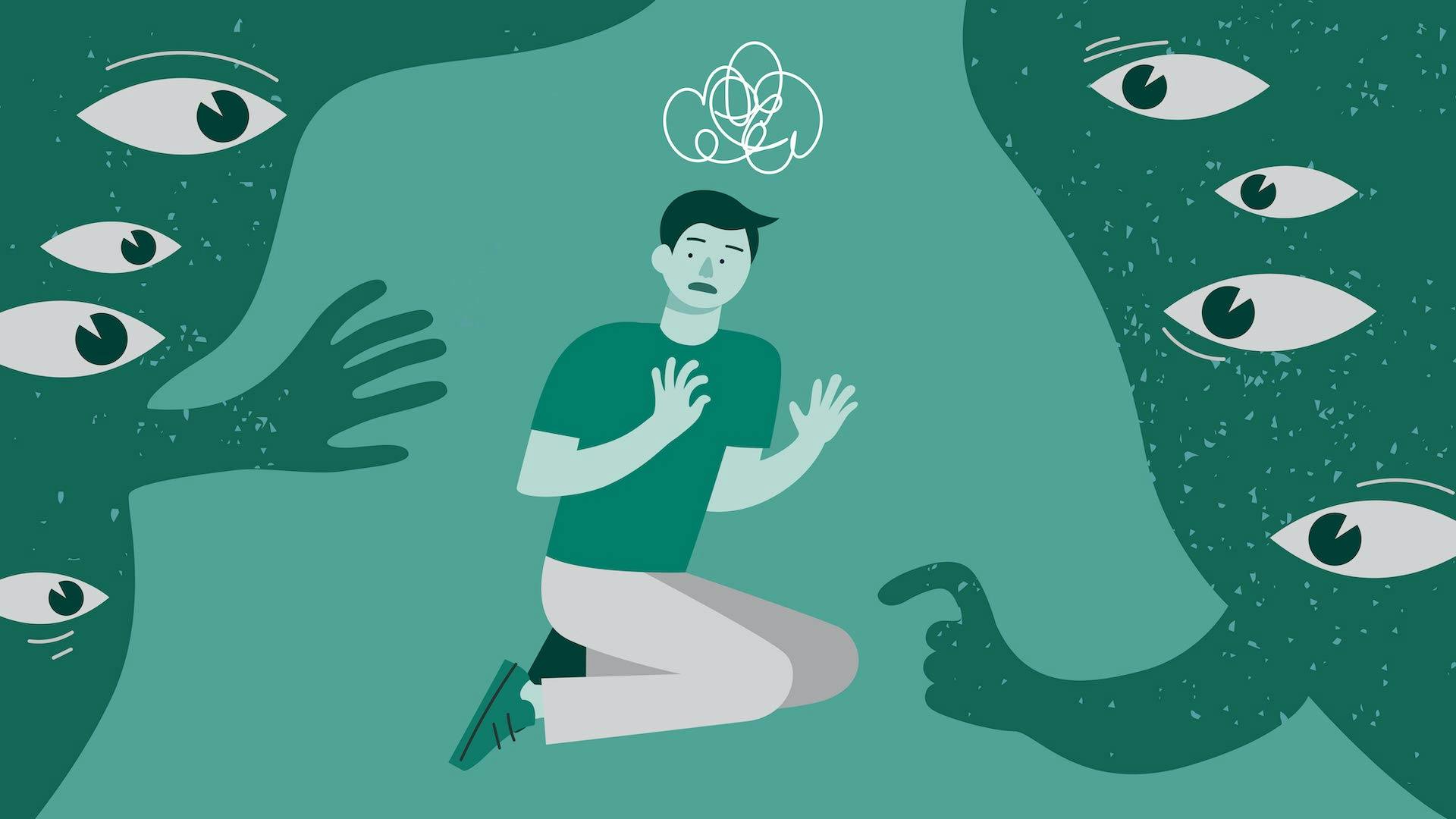A characteristic feature of cannabis is that it causes the “munchies,” which begs the question: could cannabis be used to treat anorexia nervosa? Cannabis has been widely studied as a treatment for anorexia (or cachexia) associated with cancer and HIV/AIDS. However, there’s little research on whether it would be an effective treatment to treat the type of anorexia that most people are familiar with: anorexia nervosa.
It’s unfortunate so little research has been done given how many people are affected and what the consequences are of leaving anorexia untreated. According to the National Eating Disorders Association (NEDA), 20 million women and 10 million men will develop an eating disorder at some point in their lives, with anorexia being one of the most common disorders. Among college students, the numbers are even more staggering: the National Institute of Mental Health estimates 25% of college students suffer from an eating disorder. Left untreated, the consequences can be dire. Anorexia has the highest mortality rate (12.8 percent) of any psychiatric disease. A shocking 6 percent commit suicide.
What is Anorexia Nervosa?

According to NEDA, anorexia nervosa is “a serious, potentially life-threatening eating disorder characterized by self-starvation and excessive weight loss.” Extremely low body weight, body dysmorphia (a distorted perception in body image), an obsession with counting calories, and an excessive need to control one’s environment are all common among sufferers. Individuals also often base their sense of self-worth on their body weight and shape, and have difficulty finding pleasure in activities that most people consider enjoyable.
What Are the Causes of Anorexia?
Historically, the causes of anorexia have been attributed to sociocultural factors such as childhood trauma or family members’ (and society’s) attitudes towards the desirability of thinness and slimness. However, evidence has emerged in recent years that also underscores the role of genetics and neurobiological factors.
Can Medical Marijuana Treat Anorexia?

The idea that cannabis could help treat anorexia seems like a no-brainer. After all, not only is cannabis notorious for inducing the “munchies,” but research on cannabis as an appetite stimulant for those suffering from cancer or HIV/AIDS has validated cannabis’s effectiveness. However, when it comes to anorexia nervosa, we only have a few studies. Only a handful of states consider anorexia a qualifying condition for medical cannabis, but many include related issues like uncontrolled weight loss, anxiety, and nausea.
Nonetheless, given the research we have accumulated, anecdotal evidence, and the fact the endocannabinoid system — the body’s own cannabinoid system — exerts such a powerful influence on appetite, cannabis as an anorexia treatment is highly plausible.
Shop highly rated dispensaries near you
Showing you dispensaries nearA 2011 Belgian study suggests that because dysfunctional regulation and underlying imbalances within the endocannabinoid system are prominent across eating disorders, developing cannabinoid-derived treatments (targeting the endocannabinoid system) could prove therapeutically valuable. The study offers promise that cannabinoids could help correct endocannabinoid deficiencies, while helping the individual return to a healthy state. However, this was a small study, and clearly more research is warranted.
In 2014, European neuroscientists conducted an important animal study offering another possible explanation on why cannabis (or specifically THC) may be useful in treating anorexia. Anorexia sufferers lose the ability to find pleasure in activities, particularly eating. And, authors of the study found that the way THC activates the endocannabinoid system’s CB1 receptor (one of two identified receptors) elevates pleasure in eating by increasing our sensitivity to smells and taste.
A human study hailing fromthe Center for Eating Disorders at Odense University Hospital in Denmark provided encouraging data (although, with just 24 subjects, the study was fairly small). In this study, patients were given a placebo or dronabinol (a synthetic form of THC). On average, patients gained 1.6 lbs more on dronabinol than the placebo. The authors noted the treatment was “well tolerated” with “few adverse events.” Further, researchers followed up with patients a year after starting treatment and determined patients were still improving their symptoms and nutrition while showing no signs of addiction or withdrawal issues.
Mainstream is Still Not Convinced

The mainstream medical community, however, has thus far remained unconvinced. According to Tamara Pryor, director of clinical research at the Eating Disorder Center of Denver, individuals suffering from anorexia are empowered by not succumbing to the temptation of eating, so “stimulating their appetite can’t necessarily overcome the neurobiological issues that are also intimately involved with their disorder.” That being said, Pryor notes, “Marijuana may be a helpful tool for some people — in conjunction with therapy.” By therapy, she’s referring to cognitive behavioral therapy (CBT), which is accepted as one of the most effective forms of treatment.
Likewise, more often than not, anorexia accompanies other psychiatric disorders, particularly anxiety-related disorders. While cannabis may be helpful in treating comorbid conditions, could a patient’s perceived relief from other symptoms (e.g. insomnia or anxiety) increase the risk that they develop a dependency disorder? On the other hand, could strains high in non-intoxicating CBD (which has no reinforcing, habit-forming properties) provide relief, while reducing dependency risk?
While mainstream medicine may not yet be convinced, unsurprisingly, there is no shortage of people who credit cannabis with helping them overcome anorexia. A clinical cannabis patient from Los Angeles, Sarah (who for confidentiality reasons declined to use her real name), told Leafly that for years she struggled with anorexia. Doctors gave her antidepressants and anti-anxiety drugs, which she says helped her with some of her issues, but did nothing to help her kick anorexia to the curb.
“I tried for years to overcome anorexia and bulimia. For me, anorexia was a way to fulfill my need for control over my life. I was never much of a pot user, but recalling how [cannabis] gives you the munchies, I decided to give it a shot,” says Sarah. “It worked remarkably well. I became less self conscious, I lost my obsession over counting calories, and I started enjoying food again.”
Sarah claims cannabis provided a “short-term solution to a long-term problem.” She claims that within six months she beat anorexia. She now consumes only occasionally. “I haven’t totally gotten over my body issues, and that most often becomes an issue during intimacy with my fiancé. So now I’ll occasionally medicate and I’ve found that I’m far less self-conscious and it brings us closer.”
While cannabis may provide a valuable alternative treatment for anorexia, cannabis should not be seen as a panacea. It may serve a role, but given the seriousness of the condition (including the high mortality rates), consulting a specialist and enlisting support through peer groups is vital. Two organizations, National Eating Disorders Association (NEDA) and National Association of Anorexia Nervosa and Associated Disorders (ANAD), provide valuable online resources to individuals or loved ones impacted by anorexia.
While it may be some time before mainstream medicine embraces cannabis as part of an overall treatment program for anorexia, clearly it hasn’t stopped patients in states where it is (and isn’t) a qualifying condition. However, while research continues to shed light on how cannabis may or may not play a role in recovery, prospective patients should consult a professional and carefully consider the pros and cons of cannabis as a treatment before embarking on a cannabis-based treatment regimen. Also, keep in mind that dosing, strains, intake methods (e.g. vaping, tinctures, edibles), can all influence outcomes. So it may take a little trial and error to find what works best.







